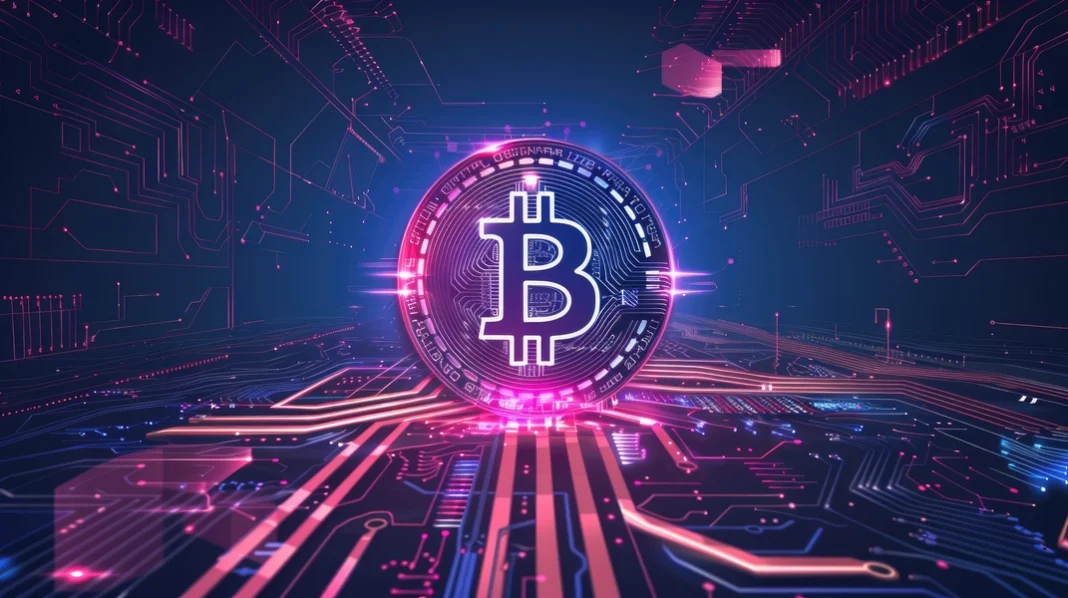
Originally published on: November 06, 2024
In an era where digital currencies like Ether and Bitcoin reign supreme, have you ever pondered the fundamental reason behind holding them? Beyond the typical motives of hedging and speculation, there lies a more profound basis that underpins the value of cryptocurrencies.
Consider this: Bitcoin isn’t merely a safeguard against economic crises or asset seizures. Rather, it serves as a means to pay for data stored on its immutable blockchain. The essence of holding BTC lies in its ability to store digital information with consensus, encapsulated in a block. Similarly, Ether, the native token of Ethereum, is utilized to compensate for tasks performed by the Ethereum Virtual Machine, not for staking or price appreciation, but to facilitate network operations without permissions.
The real significance of this lies in the fact that Ethereum represents a form of consensus, where transactions are broadcasted globally and validated across a decentralized network. Every network state change requires payment for the computational resources consumed, enabling seamless asset ownership and transcending geographical boundaries without constraints, thereby revolutionizing the concept of property laws on a global scale.
This network, acting as a borderless platform for asset ownership, paves the way for unimpeded economic expansion and innovation without the need for cumbersome bureaucratic approvals. It lays the groundwork for what can be described as globalization 2.0, redefining the parameters of international trade, information exchange, and technological advancement.
Unlike traditional forms of global coordination that incur substantial costs in the form of organizational overheads and bureaucratic hurdles, a public, permissionless network like Ethereum offers a frictionless environment for economic activities to flourish, driving unprecedented productivity gains and streamlining operational efficiencies.
The emerging trend of onchain artificial intelligence agents, exemplified by platforms like Truth Terminal, showcases the transformative potential of blockchain technology in enabling autonomous economic activities. By leveraging the capabilities of Ethereum and similar networks, AI agents can seamlessly interact with global markets, scale their computational capacities, and generate economic value independently, paving the way for a new paradigm of economic expansion driven by decentralized technologies.
As we delve deeper into the possibilities offered by blockchain-powered AI agents and decentralized networks, the imperative of embracing a borderless, consensus-driven system becomes increasingly evident. This is the linchpin of Globalization 2.0, a realm where nation-states that integrate into this foundational network stand to gain unparalleled productivity benefits and unlock new avenues for economic growth on a global scale.
In essence, the future of money lies in the cost of achieving consensus in a decentralized, permissionless environment. This vision of a borderless, interconnected economy fueled by digital currencies is not a distant reality but an imminent paradigm shift that holds the key to unlocking the full potential of globalization 2.0.
Don’t miss out on more insightful articles like this. Subscribe to our newsletter and stay ahead of the curve in understanding the evolving landscape of digital currencies and blockchain technology. Subscribe now to gain critical insights into investment opportunities, risk mitigation strategies, and refining your trading tactics.



